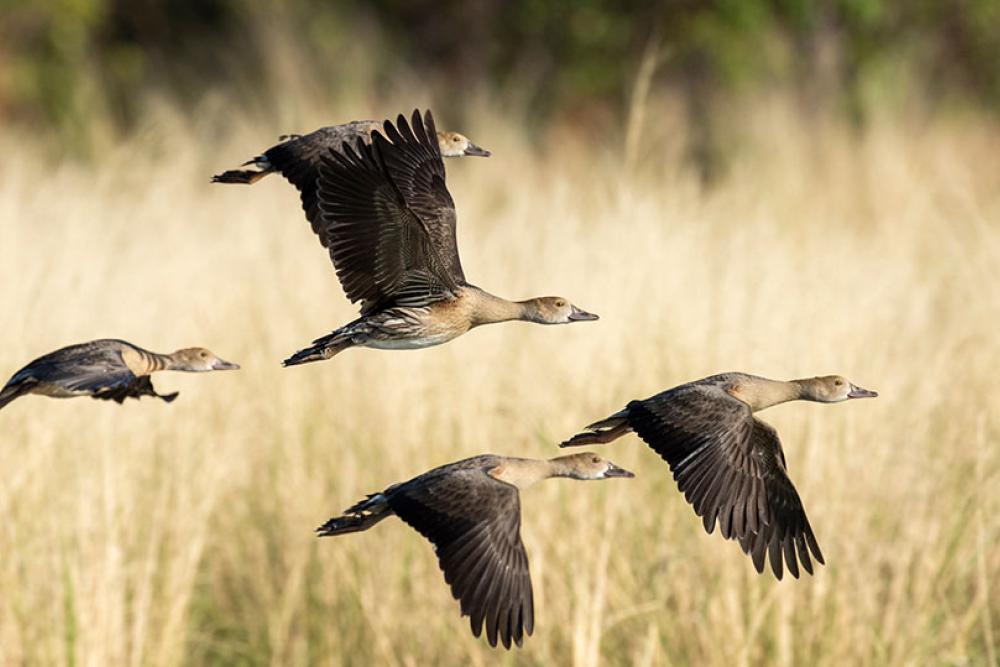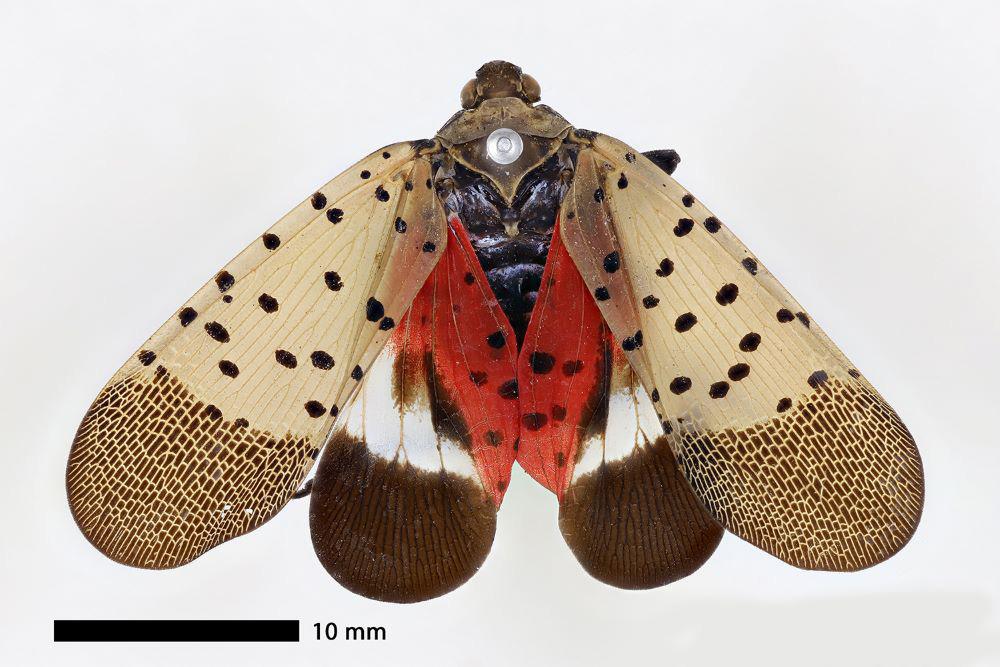Japanese encephalitis virus (JEV) has been detected in piggeries in New South Wales, Queensland and Victoria.
Australian Chief Veterinary Officer Dr Mark Schipp said JEV had been confirmed by laboratory diagnosis at one piggery in Victoria’s north, six piggeries in NSW, and in one piggery in Queensland.
“JEV is a mosquito-borne viral disease that mostly occurs in pigs and horses, but can cause disease in people and rarely other animals,” Dr Schipp said.
“Animals and people become infected through the bite of infected mosquitoes. It cannot be caught through eating pork or pig products. The disease is not transmitted from person to person.
“This is the first time the virus has been detected in southern Australia, and biosecurity authorities are working with their human health departments to understand the implications and risks of human exposure.
“The Department of Health and the Department of Agriculture, Water and the Environment are collaborating closely, together with state and territory counterparts.
“We are meeting regularly and working together to work through the next steps of this situation.
“We’re asking anyone who works with pigs or horses, even if they’re a pet in the backyard, to keep an eye out for and report any possible signs of this disease.
“The most common symptoms in pigs are mummified or stillborn piglets, or piglets who show neurological problems in the first six months of life. The disease tends to be asymptomatic in adult sows, but boars can experience infertility and testicle congestion.
“Horses can experience a range of symptoms. While most infected horses do not show signs of disease, some more severe signs of JEV in horses include fever, jaundice, lethargy, anorexia and neurological signs which can vary in severity.
“JEV is a nationally notifiable disease, which means if you suspect an animal is showing signs of the disease, you must report it (see contact details below). Measures should also be taken to protect animals from mosquitoes – for instance, applying a safe insect repellent and putting a summer rug on horses.”
Acting Chief Medical Officer Dr Sonya Bennett said JEV infections can be contracted by humans through the bite of a mosquito. There are no confirmed human cases in Australia at this stage, although this is under active investigation. “We are aware that several cases of encephalitis of unknown cause have been identified in New South Wales, Victoria and South Australia within the past month.
“JE is also a notifiable disease in humans and health authorities across the country are on the alert for human cases and are in direct contact with people associated with the affected piggeries” Dr Bennett said.
“Pigs are the focus from a human health perspective as they can infect mosquitoes who then infect humans. This is not the case with horses.
“Severe illness arising from JEV infection in humans is rare and most people will have no symptoms at all if infected.
“However, a very small proportion of people infected may develop a serious illness such as encephalitis and experience symptoms including neck stiffness, severe headache and coma, and more rarely, permanent neurological complications or death.
“Encephalitis is the most serious clinical consequence of JEV infection. Illness usually begins with symptoms such as sudden onset of fever, headache and vomiting.
“Anyone experiencing these symptoms, particularly if they’ve visited regions in eastern Australia or South Australia where there has been high mosquito activity, should seek urgent medical attention.
“Clinicians should be aware of the possibility of infection caused by JEV in patients in affected areas with encephalitis and refer people for appropriate testing, after other common causes have been excluded.
“There is work underway to plan for targeted vaccinations. Two different vaccines are available for protection against JEV in Australia and are very safe and effective for both adults and children.
“However, prevention is always better than a cure and there are simple steps we can all take to avoid our exposure to infected mosquitos.
“People in areas of high mosquito activity in Eastern Australia should use mosquito repellent containing picaridin or DEET on all exposed skin.
“Wear long, loose fitting clothing when outside, and ensure accommodation, including tents, are properly fitted with mosquito nettings or screens.
“We will continue to meet with health authorities in the states and territories to progress the public health response to this disease.”
To report suspected JEV in pigs or other animals, contact your local veterinarian or call the national Emergency Animal Disease Watch Hotline on 1800 675 888.
For more information on JEV in animals, visit Japanese encephalitis



